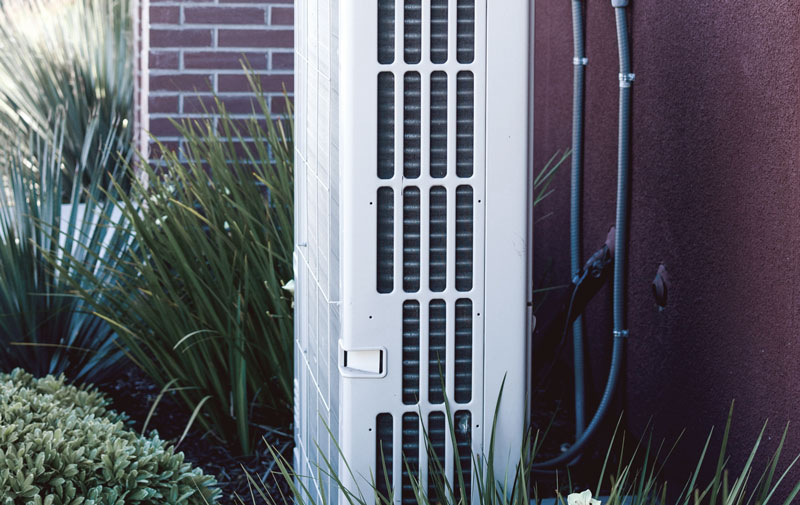When the chill of winter settles in, a reliable heating unit is a must for comfort and safety in your home. However, improper use of your heating system can lead to increased energy bills, poor air quality, or even dangerous hazards. At Rick Rasch Heating and Cooling, we prioritize your safety and comfort. Here’s a guide to safely operating your heating unit this winter.
1. Read the Manufacturer’s Manual
Every heating system is unique. Before using your unit, consult the manufacturer’s manual for specific operating instructions. Familiarize yourself with settings, maintenance schedules, and troubleshooting tips.
2. Schedule Regular Maintenance
Routine maintenance is critical to keeping your heating unit running safely and efficiently. Regular check-ups can:
- Identify potential safety hazards.
- Improve system efficiency.
- Extend the life of your unit.
At Rick Rasch Heating and Cooling, our experienced technicians can perform thorough inspections and tune-ups to keep your system in peak condition.
3. Check and Replace Filters
Dirty air filters can restrict airflow, cause your system to overheat, and reduce indoor air quality. Replace filters at least every 1-3 months, depending on usage and filter type.
4. Keep Vents and Ducts Clear
Blocked vents or ducts can cause uneven heating and put stress on your system. Ensure all vents are open and free from obstructions like furniture or rugs.
5. Test Carbon Monoxide Detectors
If your home uses a gas-powered heating system, carbon monoxide (CO) leaks can pose a serious risk. Test your CO detectors monthly and replace the batteries as needed. If you don’t have detectors, install them near sleeping areas and on each level of your home.
6. Set Your Thermostat Wisely
Avoid overworking your heating unit by keeping your thermostat at a moderate temperature. The U.S. Department of Energy recommends setting your thermostat to 68°F while you’re awake and lowering it while you’re asleep or away from home.
7. Monitor for Warning Signs
Be alert to unusual smells, noises, or inconsistent heating. These can indicate issues like gas leaks, electrical problems, or component failures. If you notice anything unusual, turn off your unit and call a professional immediately.
8. Keep Flammable Items Away
Maintain at least three feet of clearance around your heating unit, especially for portable heaters. Avoid storing items like paper, fabric, or cleaning supplies near the unit.
9. Use Space Heaters Responsibly
If you use space heaters, follow these safety tips:
- Place them on a flat, stable surface.
- Keep them away from flammable materials.
- Turn them off when leaving the room or going to bed.
10. Invest in a Programmable Thermostat
A programmable thermostat can help you save energy and reduce stress on your system by automatically adjusting temperatures based on your schedule.
11. Prepare for Emergencies
In case of a system failure during extreme cold, have a backup plan. This may include extra blankets, portable heaters, or alternative heat sources. Make sure these alternatives are used safely and responsibly.
Conclusion
By following these steps, you can ensure your heating unit operates safely and efficiently throughout the winter. Regular maintenance and professional care are key to avoiding unexpected issues and maximizing your system’s lifespan.
If you need expert assistance with your heating system, trust Rick Rasch Heating and Cooling. Our skilled technicians are ready to help with everything from routine maintenance to emergency repairs. Visit our website at rickrasch.com or call us today to schedule an appointment.
Stay warm, stay safe, and enjoy a cozy winter season!
Feel free to reach out if you’d like further edits or additions to this blog post!


0 Comments